How the Irish educational system works
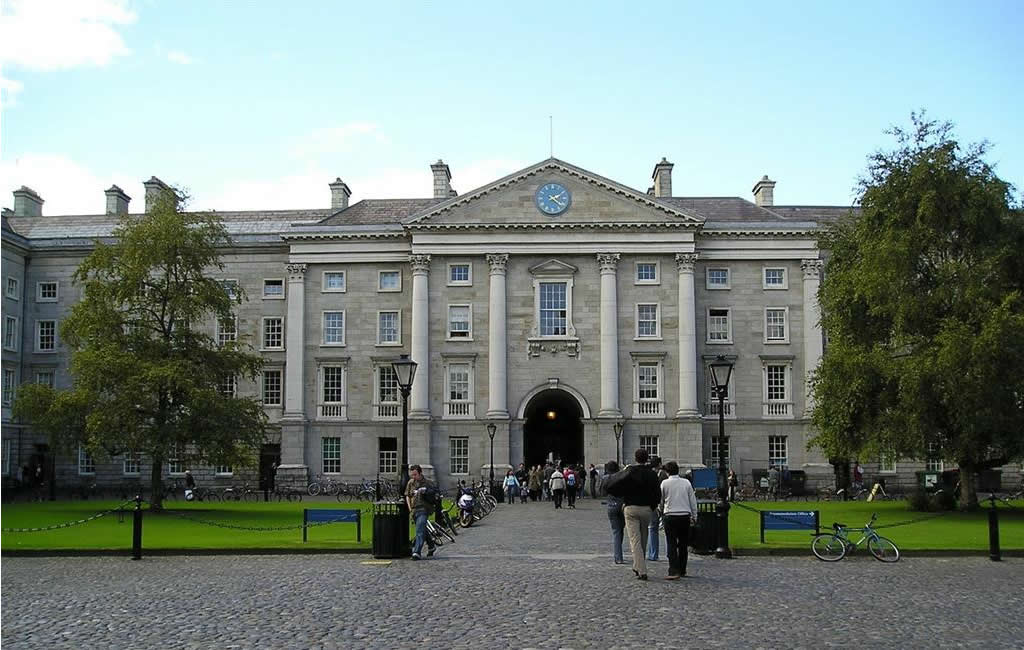
If you're thinking of moving to Ireland with your kids, you'll want to consider how you'll access the right schooling for them. A lot of the educational system will look similar to other countries, but there are some differences that you need to be aware of. Here's everything you need to know before you move to Ireland.
An overview of the Irish education system
Firstly, you need to have a rough idea of how the system works. Education in Ireland is compulsory for all children aged 6 to 16, or until a student has completed three years of second level education.
The system is split up into three sections: primary, second and third level education. There's also further education for those that want to go on to further study. All compulsory education is state funded, although you also have the option to send your children to private schools at all levels.
Pre-school
If you want to send your child to pre-school before the age of 6, there are many privately owned pre-schools throughout Ireland. These will have difference acceptance requirements, so you'll want to look around your area in Ireland and see what's available to you.
You may also find there's some free early childhood care through the Early Childhood Care and Education (ECCE) Scheme.
Primary education
While children don't have to attend school until the age of 6, you'll see most children will start attending school the September following their 4th birthday. They stay in primary education until they are 11 years old.
The Irish primary curriculum is child centred, and consists of 6 areas of study. These are:
- Language, consisting of English and Gaelic
- Mathematics
- Social, environmental and scientific education
- Arts education
- Physical education
- Social, personal, and heath education
Children will typically be tested on their understanding of these subjects twice during their primary years, once at the end of their first class or beginning of the second class, and again at the end of the fourth class or beginning of the fifth class.
It's worth noting that certain children who move to Ireland from overseas may be exempted from learning Gaelic in school.
You'll see that most primary schools are typically privately run, but state funded. In many cases, they will be owned by religious organisations.
Second level education
Once a child has finished primary schooling, they'll move onto second level education at age 12. This consists of a 3 year junior cycle, followed by a 2 or 3 year senior cycle. This depends on whether the student takes an optional transitional year, following their junior cycle.
At the end of the junior cycle when students are 14 or 15, they will take the Junior Certificate examination.
Transitional year
Once they have done this examination, they have the option to take a Transitional year. This is a year of schooling without exams, where students are more free to explore educational opportunities. It helps them adapt to the more self directed learning style that's found in the senior cycle, and they'll be able to develop more skills over the year.
At this point, they'll also have the opportunity to take part in work experience. This gives them a valuable opportunity to experience working life, and get an idea for what they may want to do in the future.
Senior cycle
Once they have completed this year, they'll move onto their senior cycle. They'll take on of three different programmes, which all lead to a State examination. These examinations are:
- Leaving Certificate: This is what is required for those wishing to move onto further study, such as university.
- Leaving Certificate Vocational Programme: This focuses on technical subjects, helping students move into vocational roles.
- Leaving Certificate Applied Programme: This programme aims to ready student for adult life, focusing on spiritual, intellectual, social, emotional, aesthetic and physical education.
Third level education
Following leaving second level education, students have the option to go on to third level. There are many different levels within third level, so they have more freedom to choose.
- Universities offer the chance to study for bachelor, masters and doctorate level degrees. These are typically autonomous and self governing.
- Technological universities and institutes provide education and training in areas such as business, science, engineering, linguistics, and music. They will offer certificates, diplomas and degrees in these subjects.
- Colleges of education are designed to train those looking to become primary school teachers. There are also specialist colleges that train home economics, religion, and physical education teachers.
Now you have a basic overview of how the educational system in Ireland works. You'll be able to enrol your children at the right level, and help them get a head start on their education. There have been many changes to the system in recent years to make it better, so they'll be sure to excel.
About the author
Madeline Miller is a writer with Academic Writing Service. She focuses on education and school systems around the world.
- My Life Abroad -
A selection of expat stories

"A fun compulsive read!"
J. Matcham, Amazon
"I strongly advise people ready to live abroad to read this book!"
Patrice, Amazon

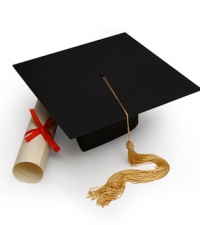 International Schools in Ireland
International Schools in Ireland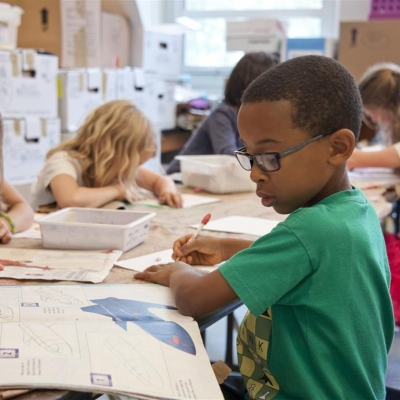 5 Top International Education Systems For Expat Kids
5 Top International Education Systems For Expat Kids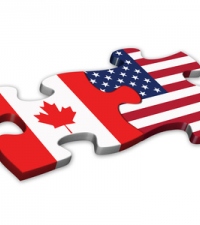 Same language, different ball-game
Same language, different ball-game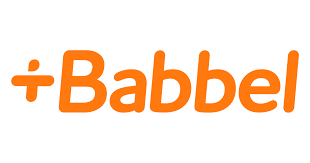 Babbel
Babbel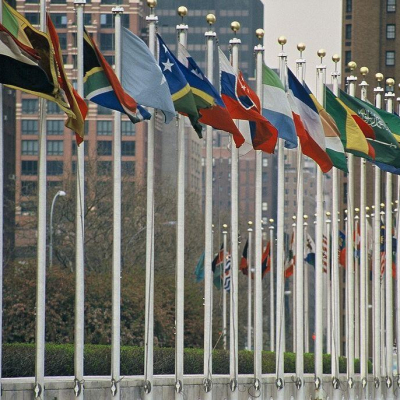 Embassies and Consulates in Ireland
Embassies and Consulates in Ireland